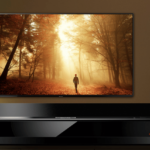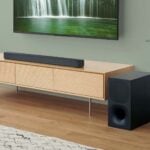Joe Tilley
Supporting Actor
- Joined
- Jan 1, 2002
- Messages
- 686
We have been having some really bad weather here & the other day I took a pretty good hit. What I have is a Monster HTS5100 for my TV, Receiver, DVD, & CD player. Than I'm using my old Monster HTS1000 for my sub. So anyway I don't know just what to call it A surge,power outage,spike, whatever, but whatever it was my power center spiked up to 165volts my sub made a huge whomp & then everything quickly went out & than right back on. But when everything else came on my line voltage was at about 92volts according to my 5100 & it took a couple minutes before it finally switched fully back on, but the power did not return to its normal 120 for at least a good hour, it was hovering between 108 & 113volts I even double checked this with my multi meter. Now everything seams to be fine & I left all my gear off the rest of that evening just to be safe, but the thing that concerns me is will the power center loose any of it protection ability after taking a hit like that?
I just thought that once a good surge has hit a device like this it affects its ability to stop it another time around & was wondering if there was any truth to this.
Sorry if this is the wrong place for this but I thought it would be the most fitting.
I just thought that once a good surge has hit a device like this it affects its ability to stop it another time around & was wondering if there was any truth to this.
Sorry if this is the wrong place for this but I thought it would be the most fitting.





